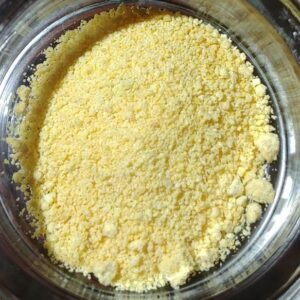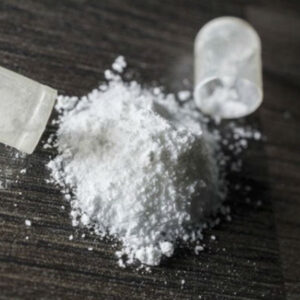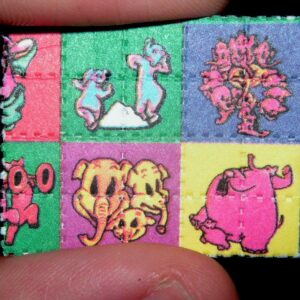Psychedelics
Psychedelics drugs – are a category of hallucinogens that primarily cause abnormal mental states (often referred to as psychedelic experiences or psychedelic “trips”) and/or an apparent expansion of consciousness.
Although many mental health issues can benefit from the use of psychedelic drugs, it is still unclear why they have such potent therapeutic effects. Now, a mouse study reveals that psychedelics all function similarly:
the 1960s and early 1970s, when drugs like LSD were essential to the “hippie” subculture in western Europe and the United States, when they attained their greatest level of popularity. Although the use of the substances declined, they continued to be popular in specific areas and societies. In the 1990s, LSD and Ecstasy saw a surge in popularity among young people in the United States and Europe.
Effects of Psychedelic Drugs
The effects of psychedelic drugs vary depending on the person. Factors such as dosage, environment, and personality play a role in how psychedelics affect people.
Effects of psychedelic drugs may include:
- Altered perception of time
- Difficulty communicating clearly with others
- Hallucinations such as feeling sensations, hearing sounds, and/or seeing images that aren’t real
- Heightened awareness or understanding
- Increased energy
- Lack of ability to think rationally
- Mixed sensory experiences (e.g., seeing sounds)
- Nausea
- Spiritual experiences
- Vivid sensory experiences
Short-term effects of LSD, peyote, and DMT may include an increase in heart rate. LSD and peyote may also cause an increase in body temperature. Additionally, LSD can cause dizziness, sleepiness, increased blood pressure, loss of appetite, dry mouth, sweating, numbness, weakness, tremors, and impulsive behavior.
Showing all 5 results
-
Ayahuasca
Original price was: $300.00.$250.00Current price is: $250.00. -
Dmt Powder
$270.00 – $1,050.00 -
Dmt Vape Pen
$210.00 – $850.00 -
Ketamine
$235.00 -
LSD – Acid
$265.00 – $720.00




